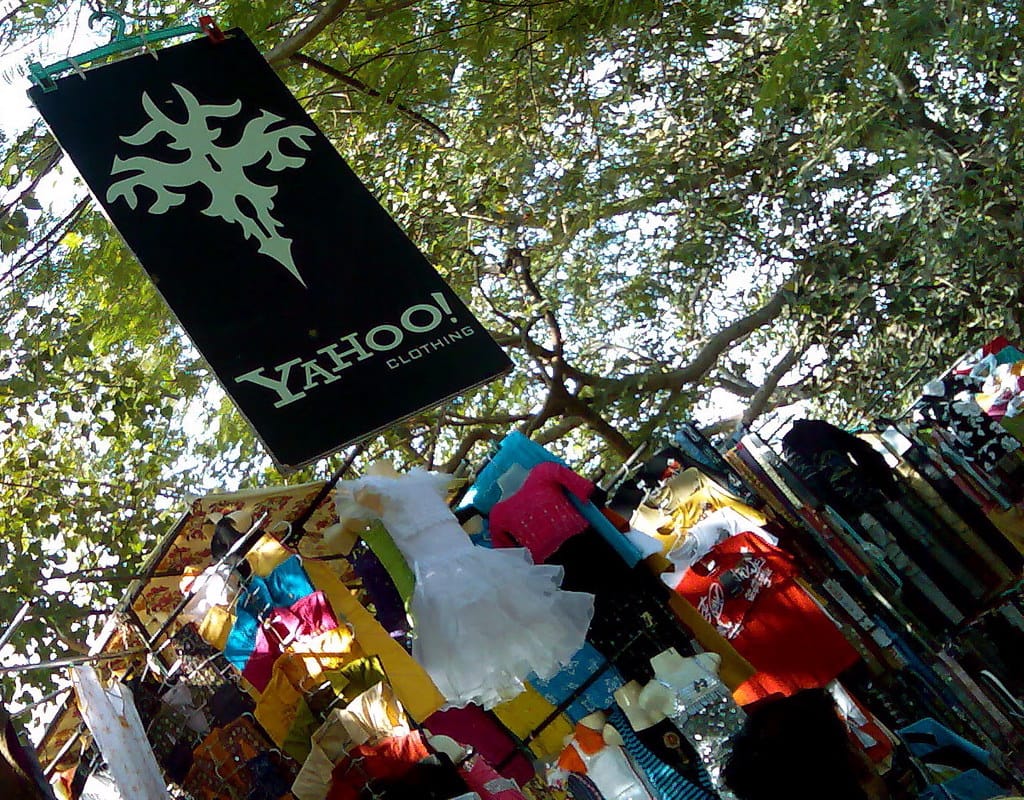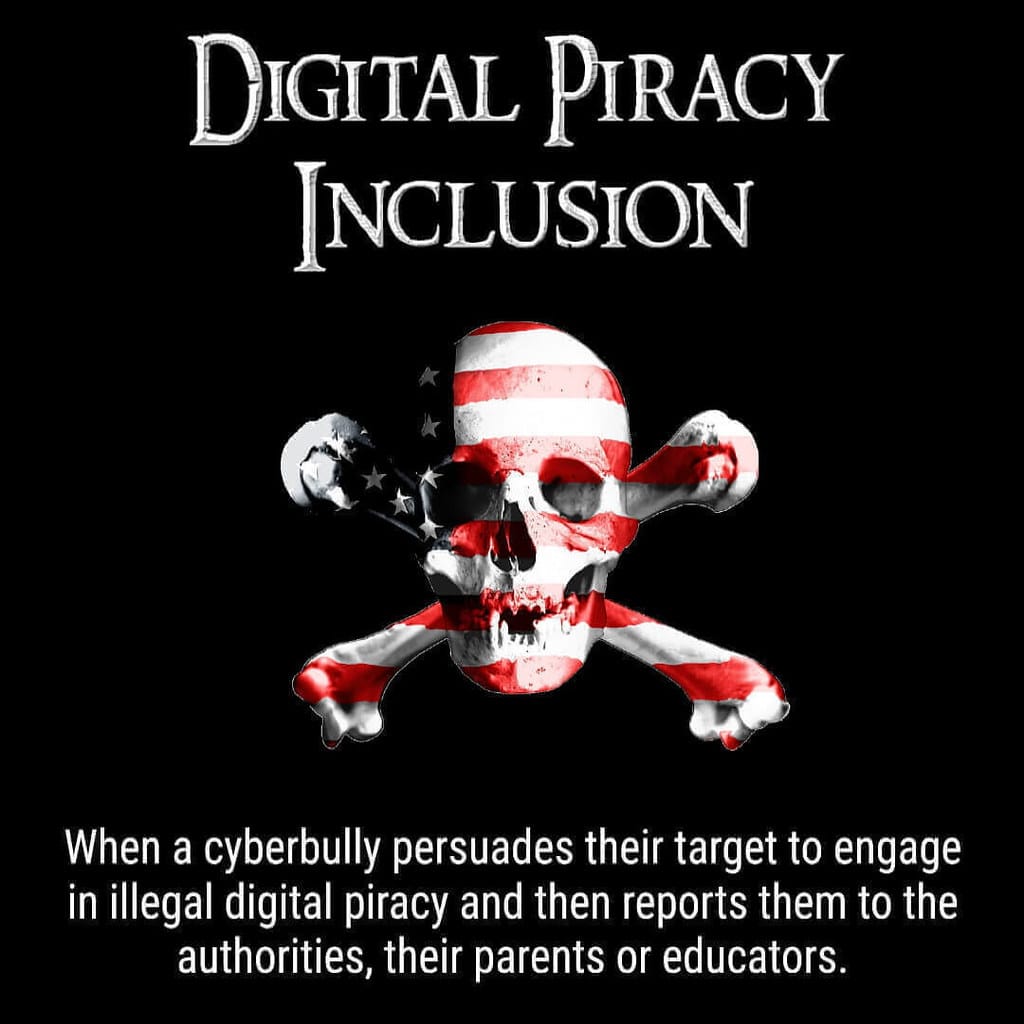OpenAI's 20 Million Chat Offer Falls Short of NYT's 120 Million Demand in Landmark Copyright Battle
The legal standoff between OpenAI and The New York Times has intensified, with the AI company offering to provide 20 million user chat records as evidence—a fraction of the 120 million conversations the newspaper giant is demanding. This David-versus-Goliath copyright battle could reshape how AI companies use copyrighted content and set precedents for the entire tech industry.
The Heart of the Dispute
The New York Times filed a high-stakes lawsuit against OpenAI and Microsoft in December 2023, alleging that the companies used millions of Times articles to train their AI models without permission or compensation. The newspaper claims this constitutes massive copyright infringement and threatens the foundation of quality journalism.
At the center of the legal discovery process is a contentious debate over ChatGPT conversation logs. The Times argues these chat records could reveal how frequently OpenAI's models reproduce copyrighted content, potentially demonstrating the extent of alleged infringement. The newspaper's legal team believes that analyzing the full scope of 120 million conversations is necessary to build their case effectively.
OpenAI, however, has pushed back against this sweeping demand, citing user privacy concerns and the impracticality of processing such vast amounts of data. The company's counter-offer of 20 million chats represents what it considers a reasonable compromise between legal transparency and user protection.
Why This Matters Beyond the Courtroom
This legal battle extends far beyond two high-profile companies. The outcome could establish crucial precedents for:
Fair Use in the AI Era: Courts will need to determine whether training AI models on copyrighted content constitutes fair use or requires explicit licensing agreements. This decision could impact every AI company's business model.
Data Discovery Standards: The dispute over chat logs could set new standards for how much internal data tech companies must disclose during litigation, potentially affecting future cases across the industry.
Content Creator Rights: Publishers, authors, and other content creators are watching closely, as the ruling could determine their ability to seek compensation when their work is used to train AI systems.
The Broader Industry Impact
Major media companies have taken varying approaches to AI partnerships. While The Associated Press and Axel Springer have signed licensing deals with OpenAI, other publishers like The New York Times have chosen the litigation route. This split strategy reflects the industry's uncertainty about how to navigate the AI revolution while protecting intellectual property rights.
The scale of the data involved is staggering. OpenAI's models were trained on billions of web pages, potentially including millions of news articles, books, and other copyrighted materials. The Times lawsuit represents one of the first major tests of whether this practice can continue unchallenged.
Technical and Privacy Challenges
OpenAI's reluctance to provide the full 120 million chat logs isn't solely about legal strategy. The company faces genuine technical and privacy hurdles:
- User Privacy: Chat logs contain sensitive personal information that users shared expecting confidentiality
- Data Volume: Processing 120 million conversations would require enormous computational resources and time
- Relevance: OpenAI argues that most conversations wouldn't contain copyrighted Times content, making the broad request disproportionate
The company has proposed alternative methods for identifying potentially infringing content, including keyword searches and sampling techniques that could provide meaningful data without compromising user privacy.
What's Next
The court's decision on the scope of data discovery could signal how seriously judges take copyright claims against AI companies. If the Times prevails in obtaining the full chat logs, it could embolden other publishers to file similar lawsuits with equally broad discovery demands.
Legal experts suggest this case could take years to resolve, potentially reaching the Supreme Court given its implications for AI development, copyright law, and digital privacy.
The Stakes Couldn't Be Higher
This lawsuit represents a critical inflection point for the AI industry. As OpenAI and The New York Times battle over millions of chat records, they're really fighting over the future of artificial intelligence development and the rights of content creators in the digital age.
The resolution of this discovery dispute—whether closer to OpenAI's 20 million offer or the Times' 120 million demand—will likely influence how AI companies approach content licensing, user privacy, and legal compliance for years to come. For an industry built on vast data consumption, the implications extend far beyond any single lawsuit.

